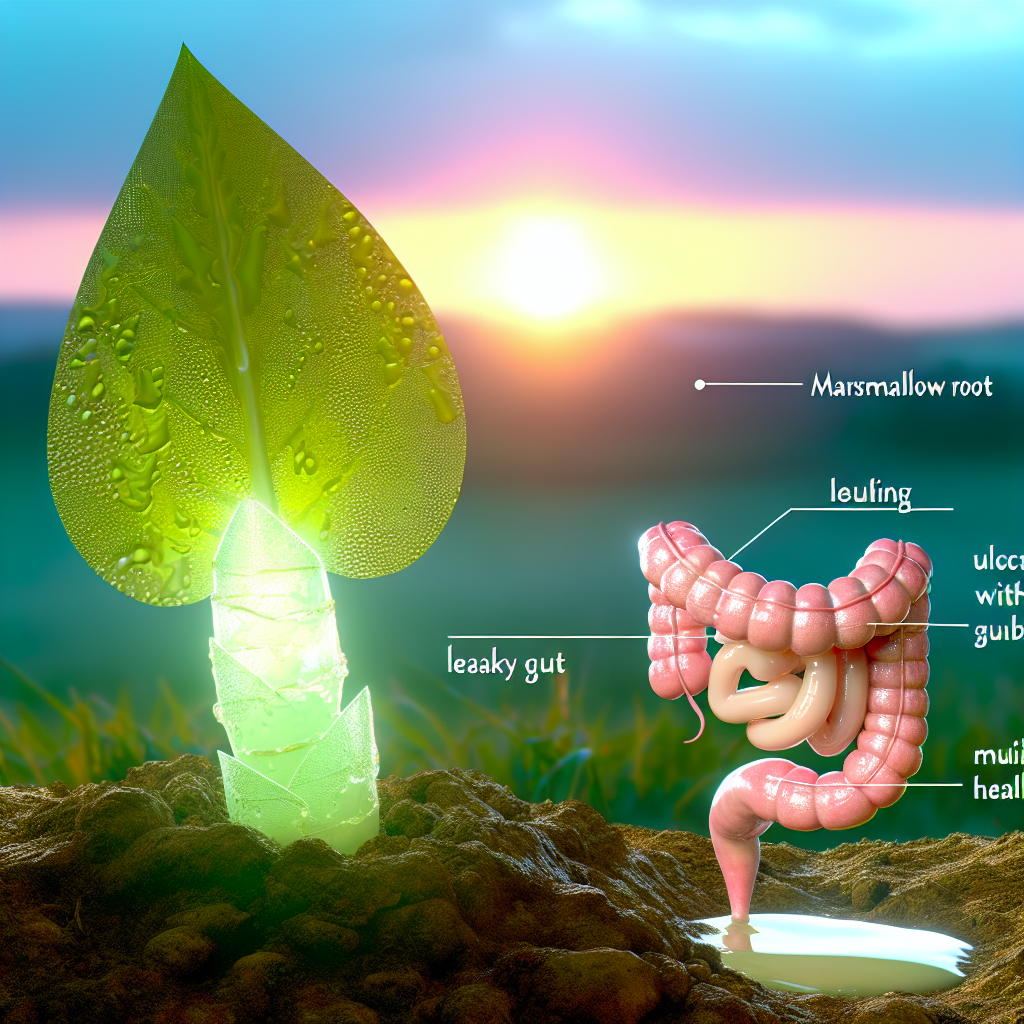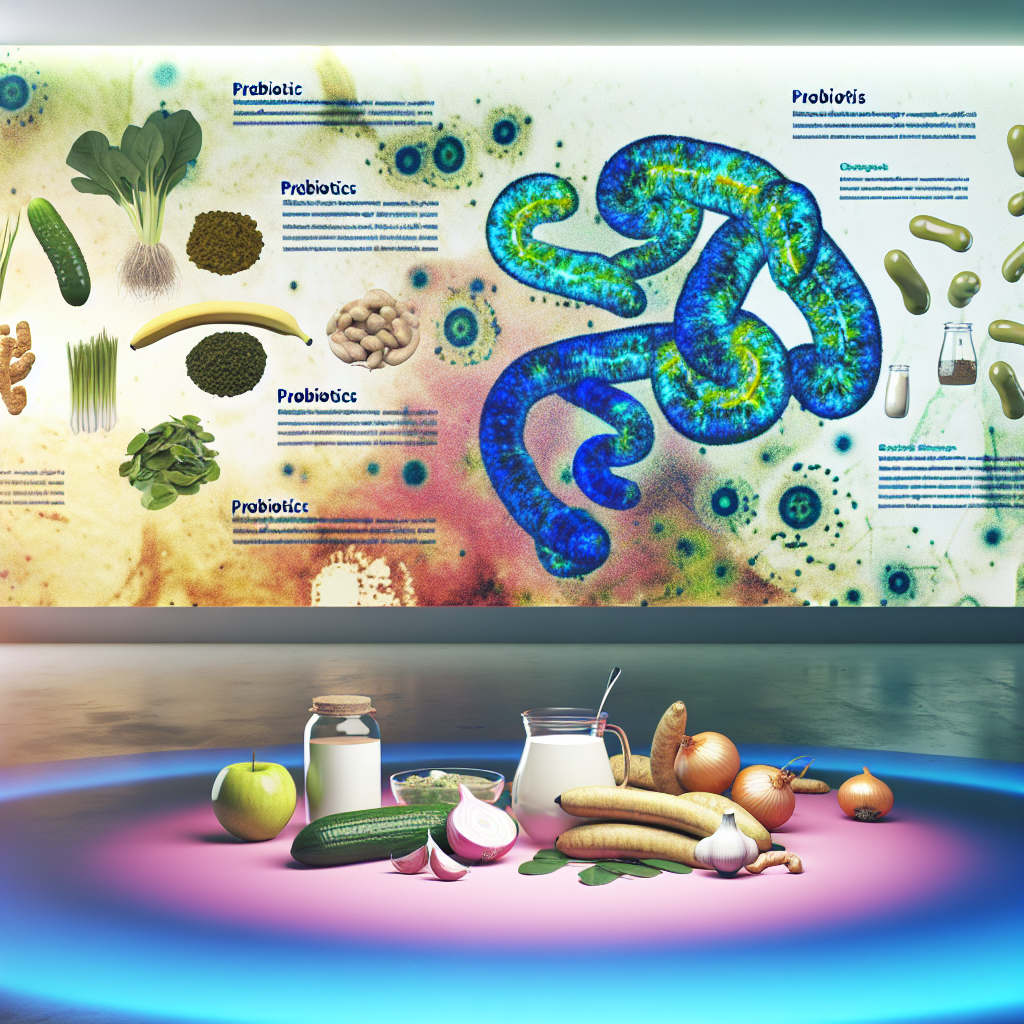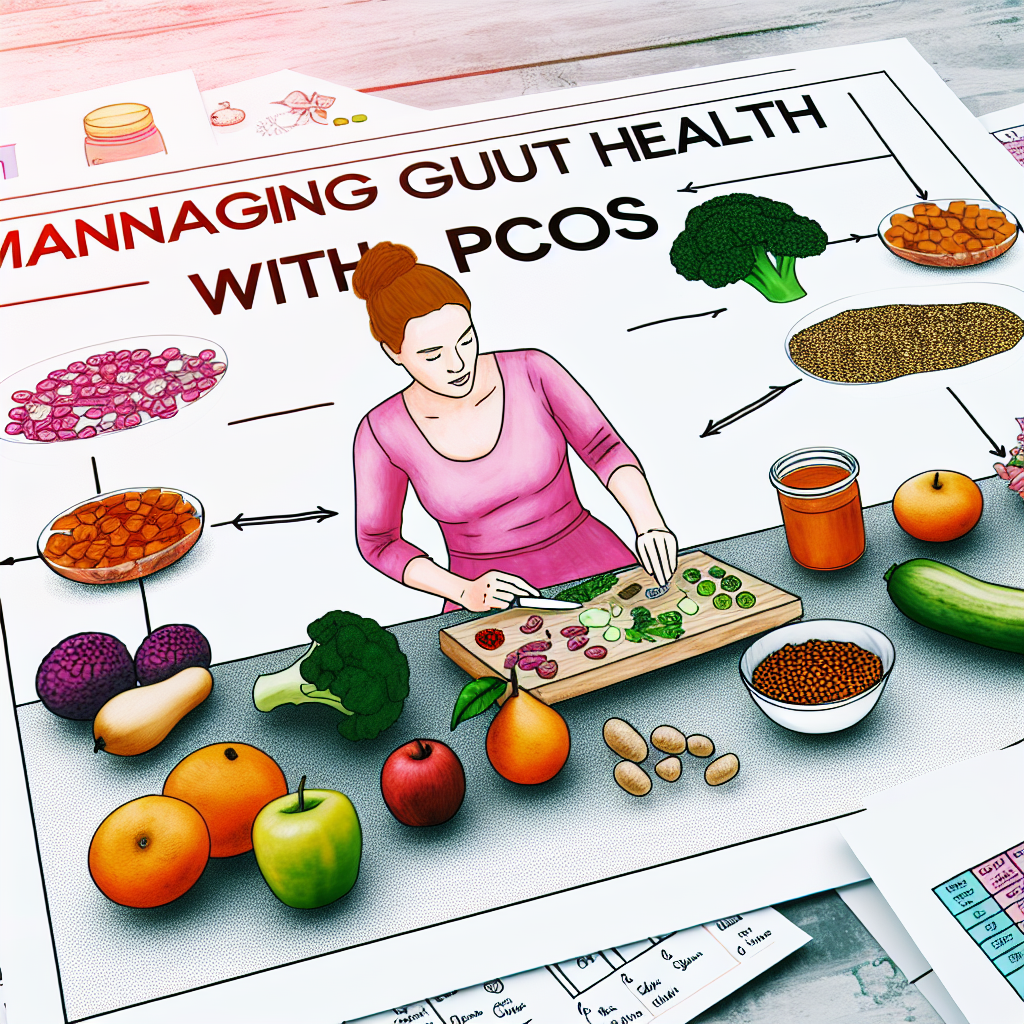Marshmallow Root for Leaky Gut: Mucilaginous Healing
In the realm of digestive health, leaky gut, or increased intestinal permeability, has emerged as a growing concern. Characterized by a compromised intestinal lining, this condition allows toxins, microbes, and undigested food particles to breach the gut barrier and enter the bloodstream, triggering inflammation and a range of health issues—from food sensitivities and chronic fatigue to autoimmune conditions.
While conventional treatments for leaky gut typically focus on dietary modifications, probiotics, and medications, natural and herbal remedies are gaining attention for their supportive healing properties. Among these natural options, marshmallow root (Althaea officinalis) has stood out for its mucilage-rich content and centuries-old use as a gastrointestinal soother.
The Mucilage Magic: How Marshmallow Root Supports Gut Healing
Scientific and clinical interest in marshmallow root’s potential benefits for gastrointestinal health is increasing, with various studies illustrating its efficacy and mechanisms of action.
At the heart of marshmallow root’s therapeutic benefit is its high mucilage content—composed of polysaccharides such as rhamnose, galactose, arabinose, and uronic acid. These complex carbohydrates form a viscous gel when mixed with water, creating a mechanical barrier over inflamed and ulcerated tissue in the gastric and intestinal tract.
Natural Anti-Inflammatory Action for Compromised Guts
Additionally, marshmallow root exhibits anti-inflammatory properties. Preclinical research has demonstrated its ability to downregulate inflammatory cytokines and oxidative stress, which are commonly elevated in gastrointestinal disorders including IBS and leaky gut.
Boosting Gut Flora: Prebiotic Potential of Marshmallow Root
Marshmallow root’s prebiotic potential should not be overlooked. The polysaccharides present in mucilage can serve as fermentable fibers that nourish beneficial gut microbiota, reinforcing the delicate equilibrium of the gut ecosystem.
Strengthening the Gut Barrier: Enhanced Mucus Production
Another distinguishing feature is marshmallow root’s ability to stimulate mucus production. The protective mucus layer lining the gastrointestinal wall forms the first line of defense against pathogenic invasions. In cases of leaky gut, mucus production is often impaired. By upregulating mucus secretion, marshmallow root helps reinforce this critical gut barrier function.
Safe, Gentle, and Synergistic: Integrating Marshmallow Root into Your Gut Protocol
From botanical monographs used in European phytotherapy to natural healing guides in integrative medicine, marshmallow root is consistently highlighted for its gentle effectiveness, safe profile, and synergistic potential when used with other demulcents and adaptogens.
Conclusion: Marshmallow Root—A Gentle Yet Powerful Ally in Gut Healing
Marshmallow root represents a natural, time-tested solution that offers powerful support for individuals battling leaky gut and other digestive disorders. Its mucilaginous properties not only soothe and coat the gastrointestinal lining but also enhance mucus protection, reduce inflammation, and promote cellular healing.
Summary:
Marshmallow root is a natural, mucilage-rich herb that offers powerful support for individuals with leaky gut and other digestive disorders. Its soothing, anti-inflammatory, and barrier-enhancing properties make it a valuable addition to holistic gut healing protocols.
References:
[1] Deters, A., Jürgenliemk, G., & Hensel, A. (2010). Anti-inflammatory and anti-ulcer properties of Althaea officinalis polysaccharides. Journal of Ethnopharmacology, 127(2), 383–389.
[2] Mansouri, M. T., Naghizadeh, B., Ghorbanzadeh, B., & Farbood, Y. (2011). Restoration of gastric mucosal integrity and reduction of inflammatory mediators by Althaea officinalis in experimental models of gastric ulcers. Iranian Journal of Basic Medical Sciences, 14(5), 456–462.
[3] Hensel, A., et al. (2005). Characterization of protective effects of polysaccharides from Althaea officinalis L. on induced barrier dysfunction in human intestinal epithelial HT-29/B6 cells. Phytomedicine, 12(8), 566-572.

Dominic E. is a passionate filmmaker navigating the exciting intersection of art and science. By day, he delves into the complexities of the human body as a full-time medical writer, meticulously translating intricate medical concepts into accessible and engaging narratives. By night, he explores the boundless realm of cinematic storytelling, crafting narratives that evoke emotion and challenge perspectives.
Film Student and Full-time Medical Writer for ContentVendor.com




